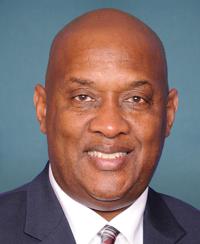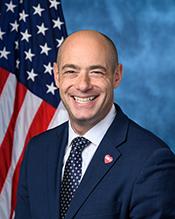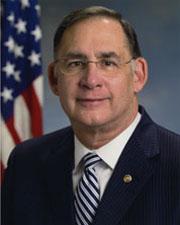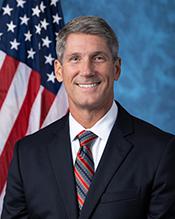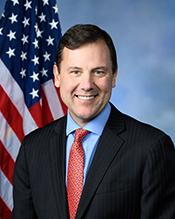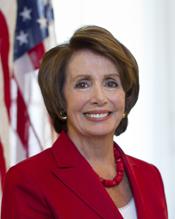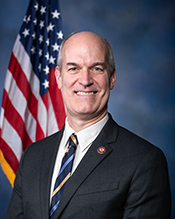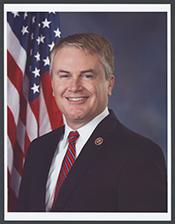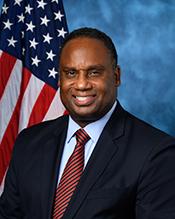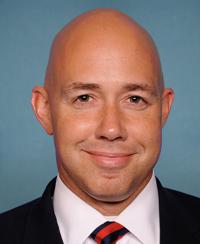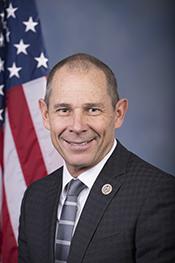S. 1144: Personal Health Investment Today Act of 2025
The Personal Health Investment Today Act of 2025 (PHIT Act) is designed to encourage healthier lifestyles among individuals and families, particularly focusing on preventing diseases related to overweight and obesity. Here’s a breakdown of what the bill proposes:
Purpose of the Bill
The bill aims to:
- Encourage healthier lifestyles.
- Provide financial incentives to alleviate the financial burden of engaging in healthy behaviors.
- Increase access to physical fitness activities.
Changes to Tax Code
The bill proposes amendments to the Internal Revenue Code, specifically regarding the treatment of expenses related to physical activity, fitness, and exercise as medical care. This includes key provisions:
Qualified Sports and Fitness Expenses
It introduces a new category known as "qualified sports and fitness expenses," which includes:
- Membership fees at fitness facilities.
- Costs associated with participation or instruction in physical exercise or activities.
- Expenses for equipment used for physical exercise or activity programs.
Dollar Limitations
For taxpayers, there are limits on the amounts that can be considered as qualified sports and fitness expenses:
- The maximum amount for individuals is $1,000.
- For joint returns or heads of household, the maximum is $2,000.
Definition of Fitness Facility
A "fitness facility" is defined to ensure it meets certain criteria, including:
- Providing instruction in exercise programs and allowing for physical fitness development.
- Exclusively serving fitness, without being a private club or focusing on unrelated activities like golf or hunting.
- Complying with local and federal anti-discrimination laws.
Treatment of Exercise Materials
Materials such as videos and books that provide instruction on physical exercise will also be considered qualifying expenses if they are used for instructional purposes.
Limitations on Equipment
Expenses incurred for sports and fitness equipment will be treated as qualified expenses under specific conditions:
- The equipment must be used exclusively for participation in fitness or physical activities.
- For apparel, it must be specifically for a physical activity.
- Individual items of sports equipment may be considered up to a limit of $250.
Programs with Multiple Components
Rules will apply to programs that include both physical exercise and other components, stating that any travel or accommodations are considered separate components and not included in the expense calculation.
Effective Date
The amendments made by this bill will take effect for taxable years starting after the bill's enactment date.
Relevant Companies
- GOOGL: Alphabet Inc., which may be impacted as it provides platforms that host fitness media and resources.
- AMZN: Amazon.com, Inc., could see changes in demand for fitness equipment sold on its platform.
- NKE: Nike, Inc., may see an increase in sales for fitness-related apparel and equipment as more consumers treat these expenses as medical care.
- PFPT: Proofpoint, Inc., could be involved if it provides services to health institutions promoting fitness programs.
This is an AI-generated summary of the bill text. There may be mistakes.
Sponsors
2 bill sponsors
Actions
2 actions
| Date | Action |
|---|---|
| Mar. 26, 2025 | Introduced in Senate |
| Mar. 26, 2025 | Read twice and referred to the Committee on Finance. (text: CR S1874) |
Corporate Lobbying
0 companies lobbying
None found.
* Note that there can be significant delays in lobbying disclosures, and our data may be incomplete.






